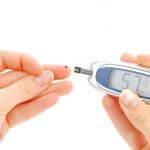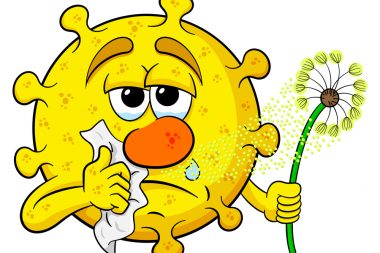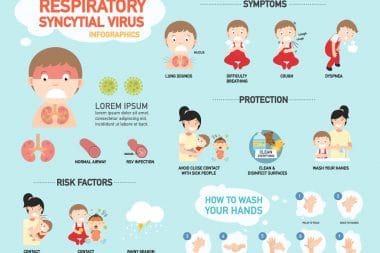Seasonally, plants and weeds release allergens. Some people’s immune systems are triggered by these allergens, causing the body to release histamines. Histamines in turn can manifest a wide array of symptoms: runny noses, itchy eyes, and sore throats.
Since it is impractical to avoid outdoor exposure, there are a variety of ways to combat these allergens. One such remedy is Anti-histamines. Anti-histamines block histamines, eliminating the source of the problem. Anti-histamines are available in many forms: tabs, gels, and many can be purchased over the counter. Caution should be taken with this class of drug however, anti-histamines typically cause drowsiness. After taking, the user should be cognizant not to use heavy machinery or drive. Alternatively, non-drowsy versions of anti-histamines are available.
Anti-histamines will not have efficacy for all of the symptoms of allergies however. In that case, nasal decongestants are also appropriate. These are available to use in conjunction with anti-histamines; although it is recommended to only use for a few days at a time. Although decongestants are available over the counter, many contain pseudo-ephedrine (a precursor to methamphetamine, a controlled substance). As such, they are typically kept behind the counter in drug stores.
Finally, if these are not effective treatments, immunotherapy maybe necessary for the user. These are typically available as injections provided by the patient’s healthcare provider.
Ah-Chooo! Which Allergy medicine is best for you? #HealthStatus
Follow HealthStatus
Tweet Now
Key Points:
- 1Seasonal allergies are usually caused by plant pollen, which can come from trees, weeds and grasses in the spring, and by ragweed and other weeds in late summer and early fall.
- 2When choosing an OTC antihistamine, patients should read the Drug Facts label closely and follow dosing instruction.
- 3Using decongestant nose sprays and drops more than a few days may give you a “rebound” effect–your nasal congestion could get worse.
See the original at: https://www.fda.gov/ForConsumers/ConsumerUpdates/ucm396321.htm








Reply